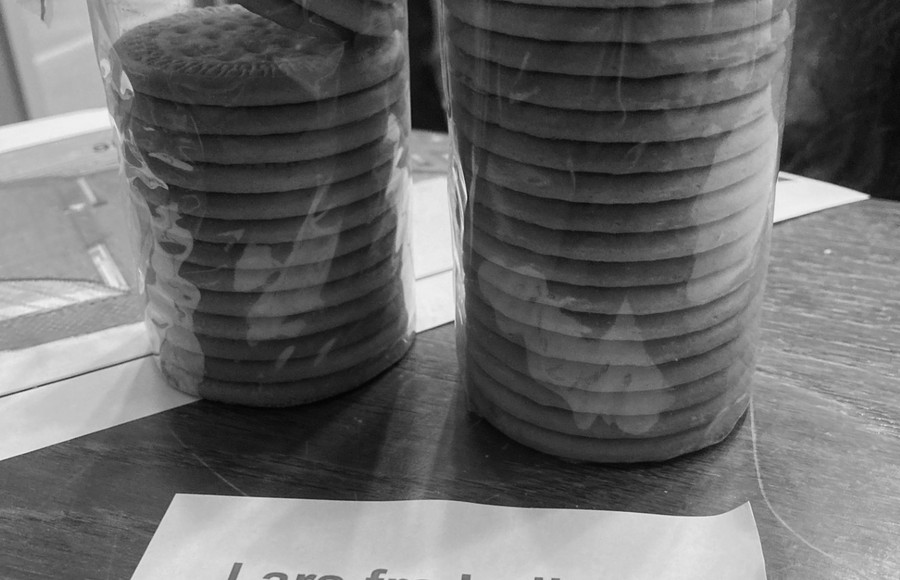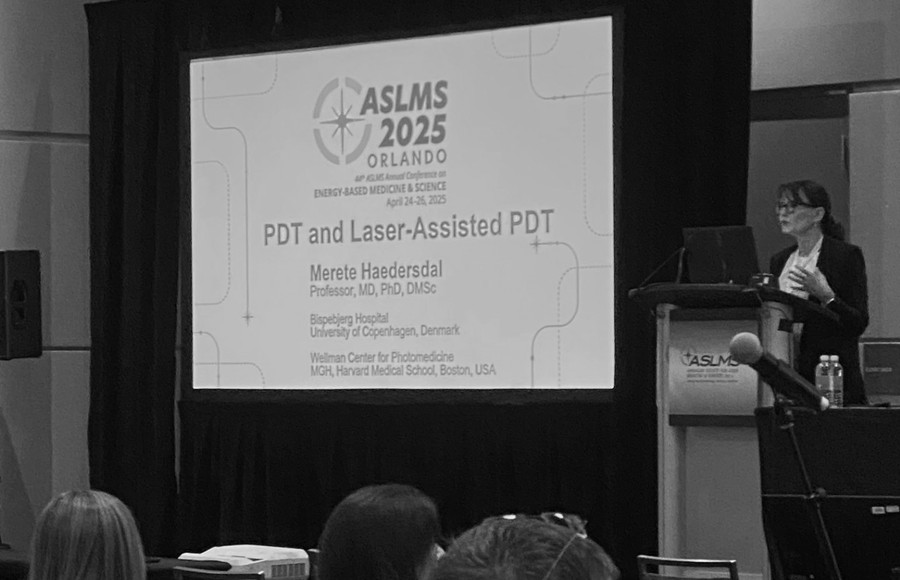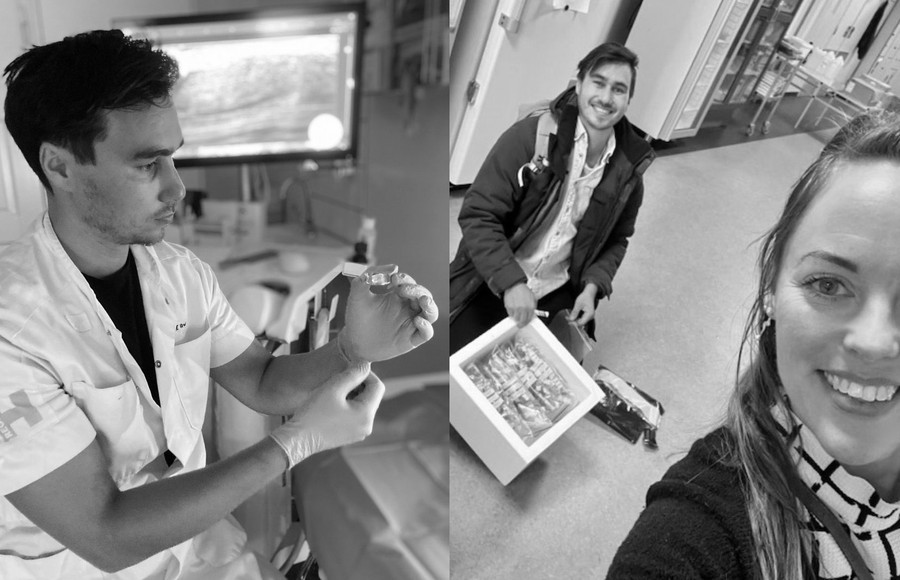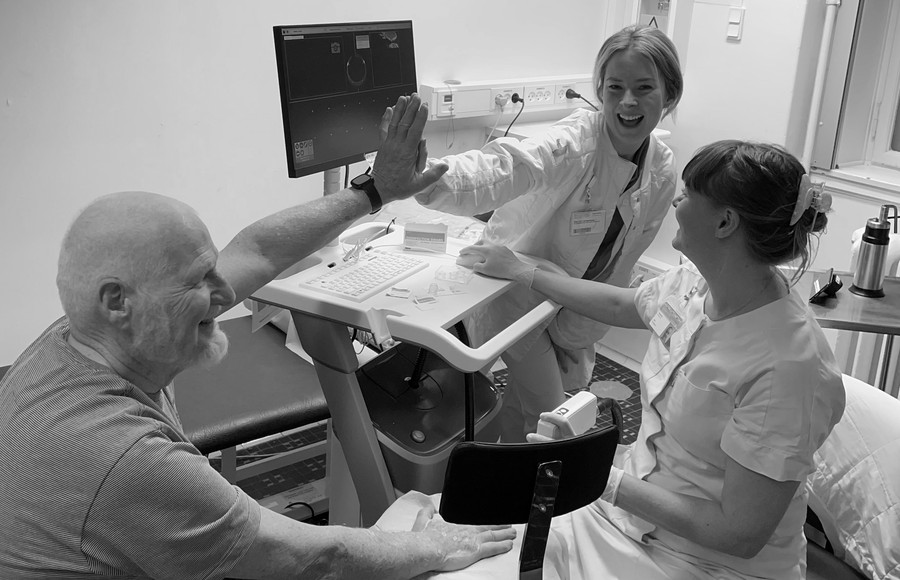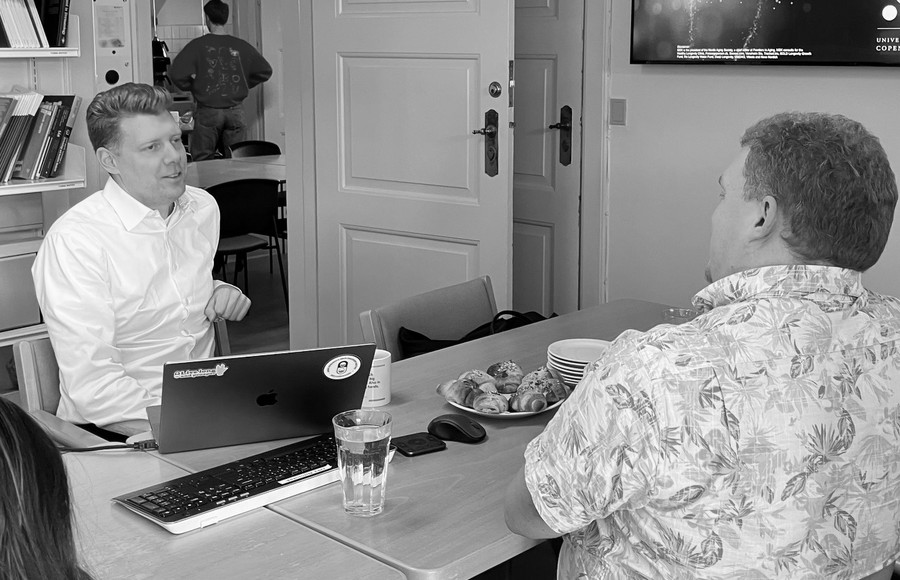Danish data scientist gains new perspectives on skin cancer through stay in Switzer-land

Need for a data scientist for psychological questions about cancer
Johan is a physicist, and one of his strengths is systematizing and analyzing large amounts of data. The project Johan was assigned to in Zurich is a study on melanoma, where researchers examine people in high-risk groups, such as former melanoma patients and people with many moles. In the project, researchers take 360-degree images of people's skin, use AI to identify tumors, and ask psycho-oncological questions. It is precisely in connection with the questionnaires that Johan's skills were particularly relevant for the project.
To screen for anxiety, worries, and depression among project participants, researchers ask a long series of questions, but the number of questions can mean that some participants become tired or irritated and give up. Therefore, researchers want to reduce the number of questions to a few assessments where the patient assesses their own condition on a scale from 1 to 10. Johan's task was to analyze data from the two types of questionnaires and compare the results in search of answers to whether the quick self-assessments provide equally valid results as the long questionnaires.
Johan brought knowledge about handling large datasets and statistics to the project, while doctors brought somatic and psychological knowledge into play. "It's two worlds meeting. I am a data scientist, while the doctors have knowledge about the human body and psyche. It was very rewarding for both parties to collaborate and see each other's perspectives on patient information. It creates more robust studies," says Johan.
Experiences from cross-cultural encounters are used extensively at home
Johan also points to the cross-cultural encounter as an important and rewarding part of the stay: "It's great to work internationally with influences from different countries. You get to know new perspectives and test your own understandings. In daily small talk, it is challenging that the dialogue is in a foreign language that is not English. It is necessary to listen and ask more in-depth questions. And even though I am now back in Denmark, I have taken it home with me as a useful tool."
The importance of research networks
The stay was arranged based on the network that one of Johan's supervisors, Alexander Egeberg, already had at the dermatology department at Zurich University Hospital. Dr. med. Lara Valeska Maul-Duwendag researches skin cancer, and contact between her and Johan was established, and the stay was arranged.
"It is important that researchers collaborate across borders and disciplines. The foundation must be laid early with a good network, and therefore at the Danish Research Center for Skin Cancer we encourage our Ph.D. students to go on exchanges. Meeting other researchers from other disciplines, methodologies, and cultures is important. It gives new perspectives and forms the basis for building the networks that are so important for future research collaborations," says Professor Merete Hædersdal, who is the research leader at the Danish Research Center for Skin Cancer, where Johan is a Ph.D. student.
Don't forget the social aspects
"It can be difficult to break the social barrier, but it is important. It makes your stay more enjoyable and strengthens your network. So be open, ask a lot of questions, and participate in activities with a social aspect, such as the running club or other sports activities," says Johan's concluding advice.
